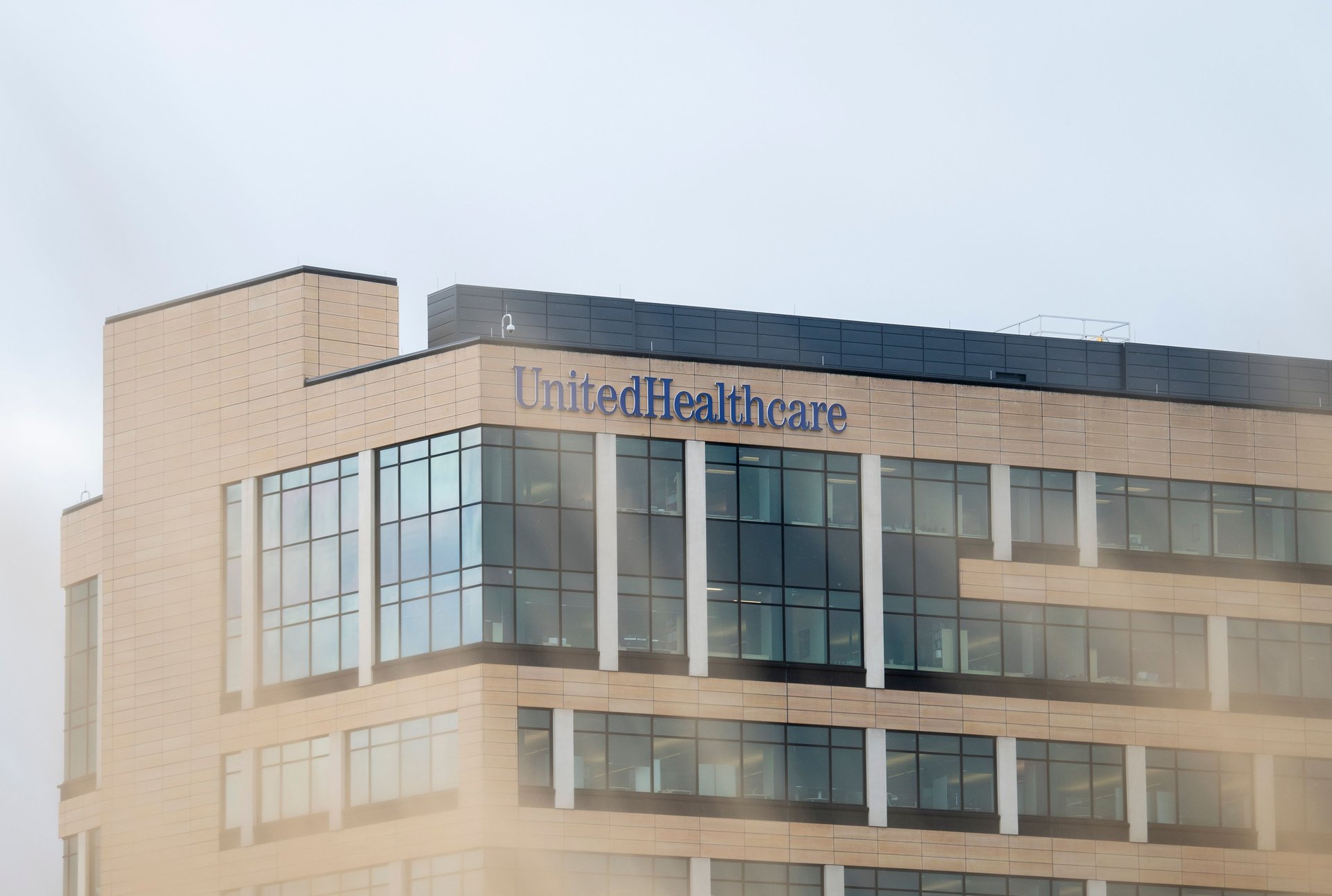Embattled UnitedHealth gets a boost from Buffett's Berkshire Hathaway
Berkshire’s bet on UnitedHealth lifted its shares around 11%, but it didn't lift its burdens — the insurer is still under federal scrutiny

Stephen Maturen/Getty Images
UnitedHealth is under federal investigation, its CEO resigned in May, and the company is still recovering from a historic cyberattack. Warren Buffett’s Berkshire Hathaway just bought $1.6 billion worth.
Suggested Reading
Berkshire’s investment — disclosed Thursday in a routine 13F regulatory filing — arrived without comment but drew immediate attention. The Omaha-based conglomerate purchased just over five million shares of UnitedHealth, a stake worth roughly $1.6 billion at the end of June, making it the firm’s 18th-largest equity position, according to VerityData — just behind Amazon and Constellation Brands. The move added to speculation around a “mystery stock” that the firm had requested confidential treatment for earlier this year; UnitedHealth was one of only a handful of Berkshire’s portfolio additions last quarter, alongside bets on construction and manufacturing firms such as Nucor, Allegion, D.R. Horton, and Lennar.
Related Content
Shares of UnitedHealth rose more than 11% in early-morning trading after the disclosure — a move widely read by investors as a vote of confidence in the embattled insurer, suggesting that the market may be overly bearish. The move also lifted sector sentiment; Centene, Humana, and Molina Healthcare all traded higher in sympathy.
“While UnitedHealth still faces elevated uncertainty, it is good to see that this renowned investment firm also believes the market is discounting assumptions that are too pessimistic for the long term, which is similar to our view,” wrote Morningstar analyst Julie Utterback.
The timing raised eyebrows: The purchase likely occurred as UnitedHealth was contending with its most volatile quarter in years, including the abrupt departure of CEO Andrew Witty (replaced by board chair Stephen Hemsley) and a growing backlash over UnitedHealth’s dominance across the healthcare system. The company pulled its annual guidance earlier this year, and its price-to-earnings ratio had fallen to just under 12 — among the lowest levels in more than a decade. Berkshire wasn’t alone in circling: Filings show that both Michael Burry’s Scion Asset Management and David Tepper’s Appaloosa also initiated positions in UnitedHealth last quarter.
UnitedHealth controls the country’s largest private health insurer, a dominant pharmacy benefits manager, as well as the Change Healthcare claims system — and the empire’s vulnerabilities are now being probed on multiple fronts.
The nation’s largest health insurer has spent most of the year under scrutiny, dragged down by a string of high-impact investigations. Shares are down over 46% in 2025 — making it the worst-performing stock on the blue-chip Dow Jones Industrial Average — as federal probes into UnitedHealth’s Medicare Advantage billing practices widen, and as the fallout from a devastating Change Healthcare cyberattack continues to ripple through its operations.
The Department of Justice has reportedly launched both civil and criminal inquiries into the company’s billing conduct, while state regulators and lawmakers have ramped up oversight of its massive healthcare ecosystem. Senators Ron Wyden (Ore.) and Elizabeth Warren (Mass.) recently announced that they’re launching an investigation into whether the nation’s largest health insurer has endangered nursing home residents in pursuit of profit.
Buffett has long been publicly critical of the U.S. healthcare system — once calling it a “tapeworm” destroying the U.S. economy — and co-founded a short-lived venture with Amazon founder Jeff Bezos and JPMorgan Chase CEO Jamie Dimon aimed at disrupting employer healthcare costs.
Now, with Buffett set to step down as CEO at the end of 2025 and Greg Abel taking over capital allocation responsibilities, the UnitedHealth bet offers a glimpse at how the next generation of Berkshire’s leadership may approach complex, politically sensitive sectors. The UnitedHealth purchase is widely believed to have come from one of Buffett’s portfolio lieutenants, Todd Combs or Ted Weschler — both of whom have increasingly shaped Berkshire’s equity strategy in recent years. (Weschler was behind Berkshire’s 2019 stake in Amazon.)
Buffett has long been synonymous with buying into long-term value stories at steep discounts. And some investors are seeing this move as a lifeline for the company — that the Oracle of Omaha (or the rest of Berkshire’s team) still sees something of worth amid all the chaos. Still, not everyone is convinced that Buffett’s halo is enough. Rebuilding investor trust will take more than a headline — especially with continuing regulatory threats and reputational hits that may take quarters, not weeks, to fade. UnitedHealth’s fundamentals may remain strong, but its narrative is damaged. And right now, in a market that trades as much on sentiment as spreadsheets, narrative matters.
UnitedHealth may not be a textbook Buffett play — it’s complex, controversial, and sitting under multiple microscopes — but at a time when most investors are running scared, Berkshire is betting there’s still a business worth believing in.
